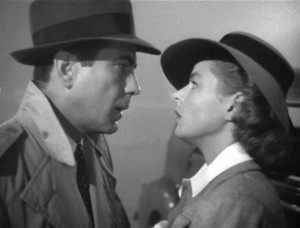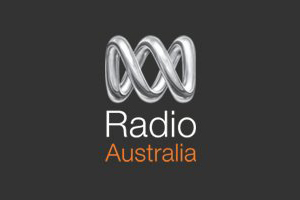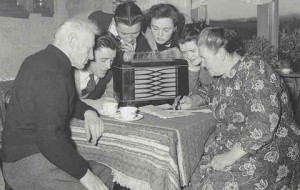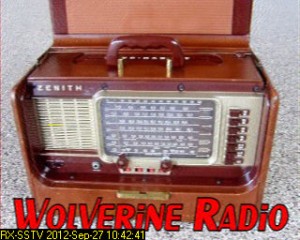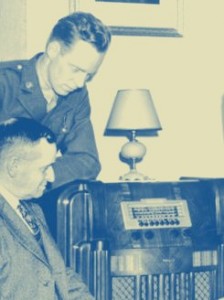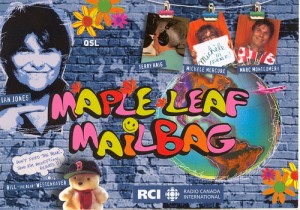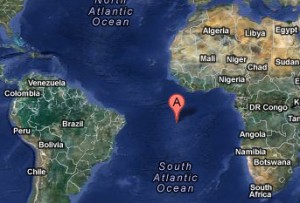Renegade Radio
/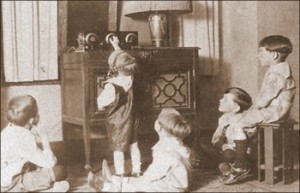
Friday night (late) I caught Renegade Radio on 6.93 MHz in the upper side band. Renegade's signal was consistently clear for unusually noisy conditions, though the station was occasionally plagued with transmitter problems. I did not edit these out in the recording because dead air never exceeded a few minutes. So, if you hear dead air, simply fast-foward a minute or two. Total broadcast exceeds one hour and, near the end, Renegade informs us that his transmitter was getting hot. I'll bet: I don't know Renegade's set-up, but many pirates use modified ham radio transceivers that were never intended for those 100% duty cycles, often at full power. Keeps a pirate warm on a winter night, though!
Feel free to listen to the recording of Renegade Radio in the embedded player below, or right click and save this link to download the MP3 directly:








